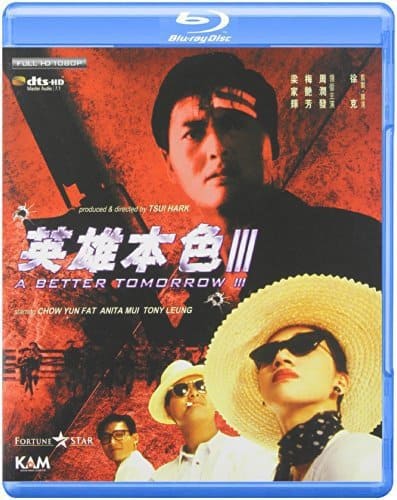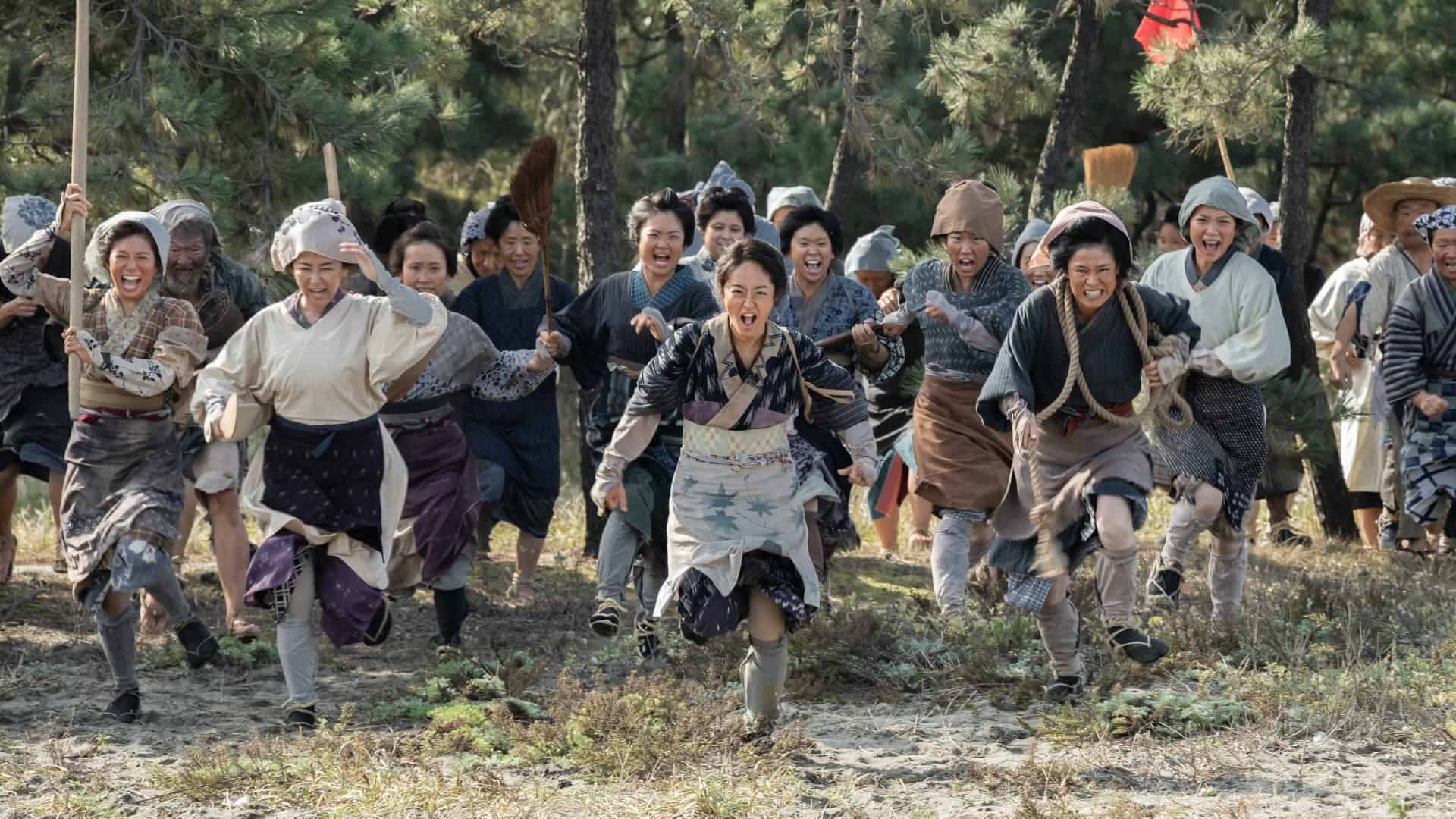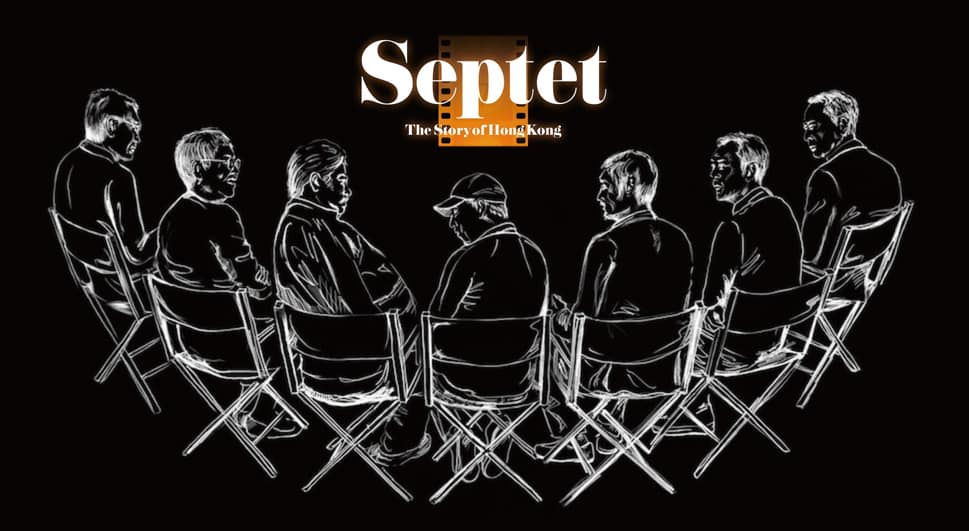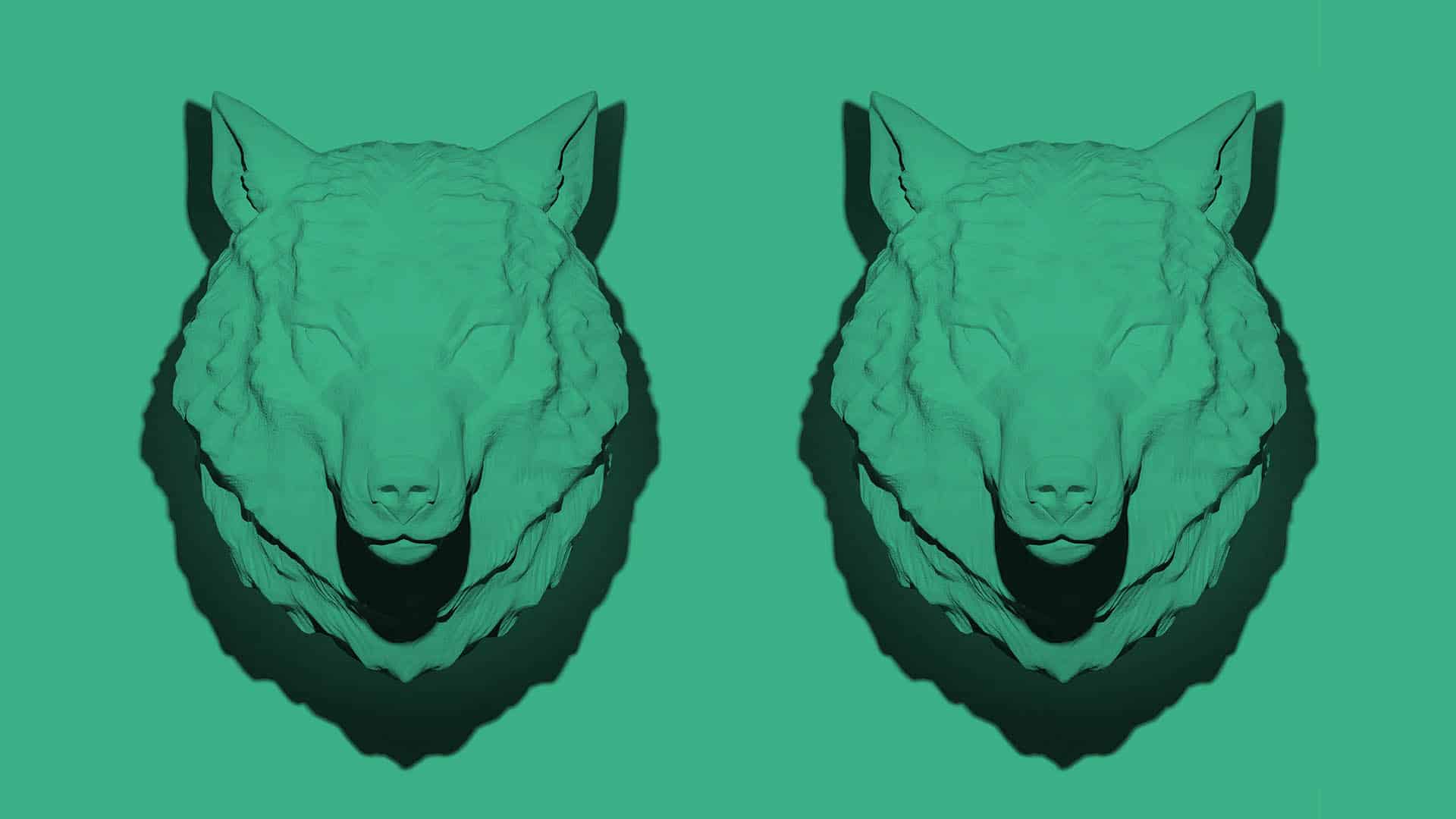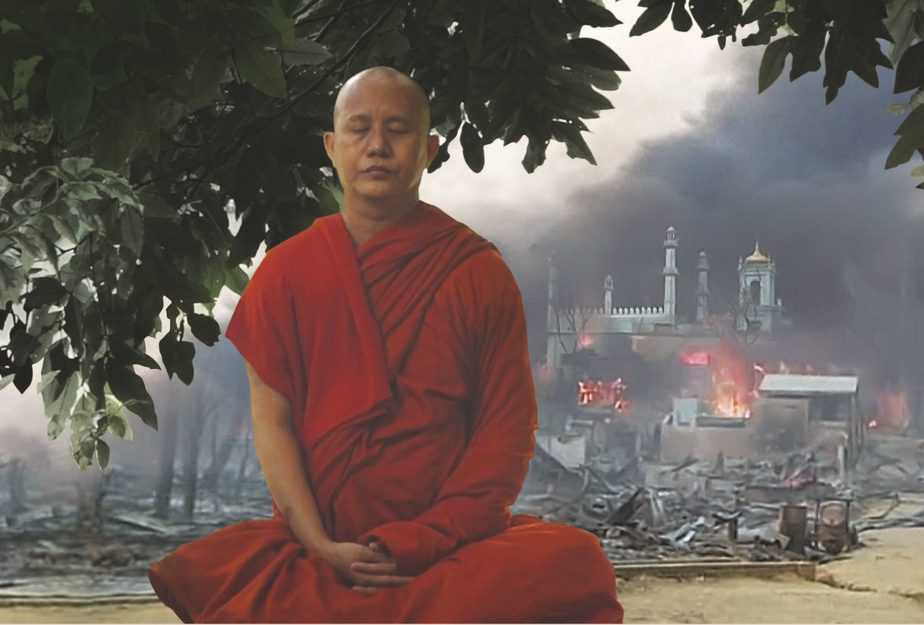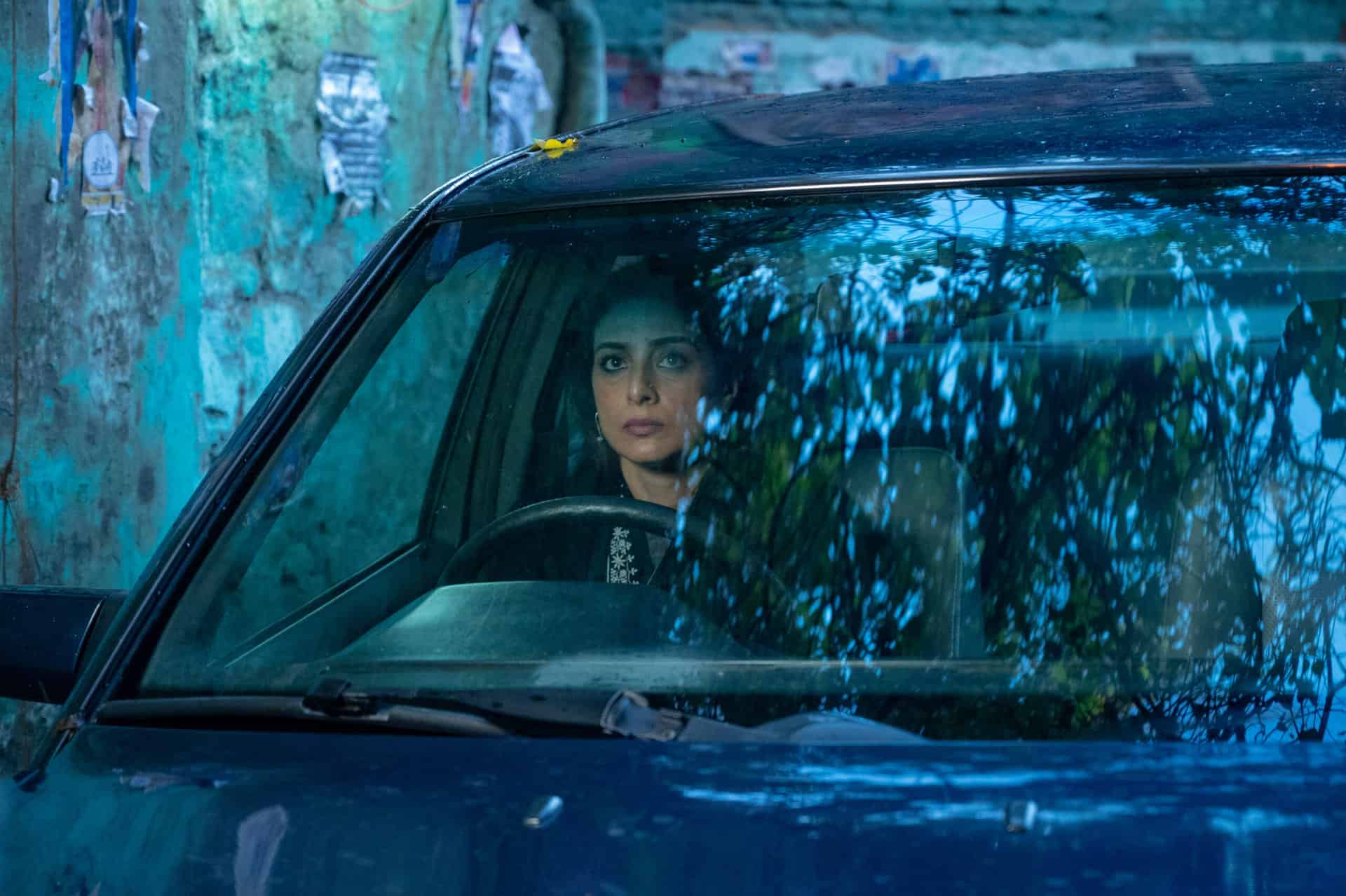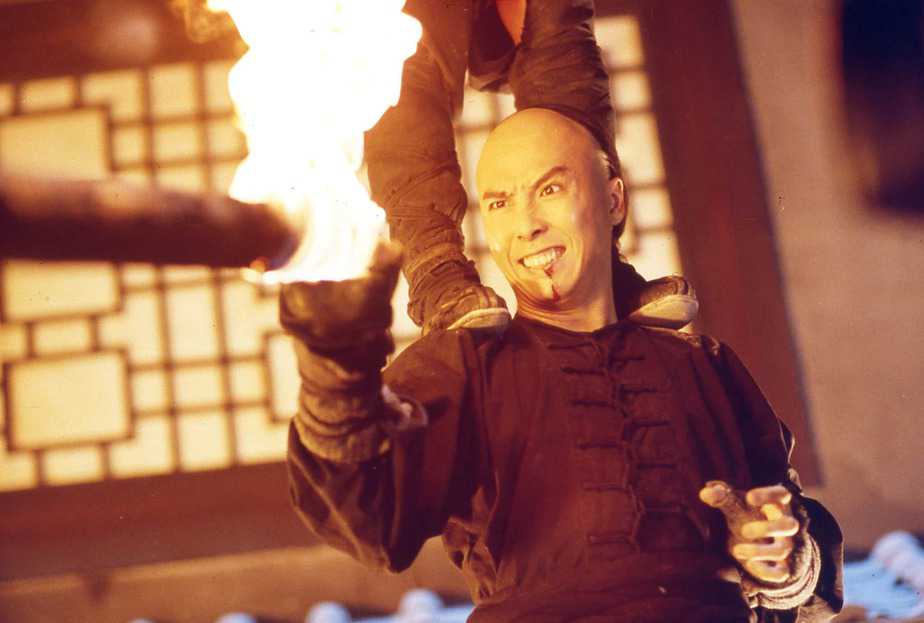The unloved third movie in a trilogy. How often have we seen this? From the classic examples of “The Godfather Part 3” to “Drunken Master III (This movie does exist sadly!) we see the final parts deemed to be the lesser work and whilst there are good ones, they are generally the exception to the convention. With “A Better Tomorrow III” there was already some consternation prior to its release. Director of the original two John Woo had a public falling out with producer Tsui Hark, with both going their separate ways and to eventually release two films with similar settings. The subject of this review by Tsui Hark, and “A Bullet in the Head” by Woo. This however is not a sequel but a prequel to the events of the first two. With both directors having differing philosophies it poses an interesting question. Do you watch it expecting more of the same from the previous two? Or do you allow it to breathe as its own entity?
Buy This Title
Set in 1974. Mark (Chow Yun Fat) and his cousin Mun (Tony Leung Ka-Fai) head to Saigon to bring Mun's father (Shih Kien) back to Hong Kong. Mark is confined at the airport by corrupt security only to be saved by Kit (Anita Mui). They encounter her later at a night club and find that she is involved with the local criminal organization. She takes them under her wing and brings them into the business. A love triangle forms between them despite the clear attraction between Mark and Kit, which is further complicated by the arrival of Ho (Saburo Tokito), Kit's former lover and associate. Mark and Mun return to Hong Kong with their father only for tragedy to ensue as he is killed by a bomb set up by Ho. A final confrontation in Saigon is inevitable as emotions run high and violence ensues.

This is very much a Tsui Hark production as opposed to continuing with the themes established in the earlier two, for both film-makers have differing ideologies when it comes to their cinematic creations. Let's start with the biggest alteration. John Woo, for all his romanticism, has never been one for creating strong female characters, a legacy continued from his mentor Chang Cheh. For the first two parts of the series that he directed, the female characters were marginalised or plot devices. Here Anita Mui's Kit is front and centre virtually from the outset, representing Tsui Hark's interest in much stronger female roles. This change subverts the usual brotherhood element present in Heroic Bloodshed and creates a more traditional romance. She is a modernised equivalent of the female Knight that would crop up in the swordplay productions in the same way John Woo's leads were the male versions. The crucial difference is that, for the most part, Kit is the one in control. She is the one that sets up the deals, is experienced in the way of the underground and, most controversially at the time, is the one that teaches Mark to shoot. She is such a dominating figure for the majority of the screen time that it is Mark that becomes the secondary character, creating a complete gender reversal from the normal expectations. It is not until the finale that we get the Mark of the first film emerge but it is Kit who completes the traditional journey of a knight errant in this particular narrative.
For this to work it requires a strong actress and you wouldn't find many better in Anita Mui. When you are able to outshine Chow Yun Fat, then you really have screen presence. What's more she is able to make this situation believable. This being a prequel, it makes it understandable that he would not be the fully realised iconic figure from the original. Yet for a female character to be responsible for this evolution would never occur in a John Woo film. In Tsui Hark's world, however, this is perfectly natural. It's a superb performance and throw in her rendition of “Song of Sunset” as the theme song and it's a complete showcase for her talents. Chow Yun Fat is his usual charismatic self as he gradually takes on the elements that will define Mark, the shades, raincoat etc, but also he gets to play with the character too. There is more naivety to his portrayal and is comfortable acting less cool than in the more stylised Woo features.
As with “A Bullet in the Head”, the Vietnam setting plays as an allegorical reaction to the Tiananmen square events that had a deep impact at the time. The fear of change, the uncertainty of a new regime taking over. All this feeds into the narrative that is played out. Some of the visuals – see the tank sequence towards the conclusion as an example – are clear representations of the news reels but it never feels forced onto the viewer.
The action sequences again reflect the different directorial tendencies. This was as far as my recollection goes Tsui Hark's only feature that could fall under the heroic bloodshed sub-genre. The scenes are well shot, staged and executed. Tsui Hark enjoys the visual flourishes which are amply demonstrated, yet he steers away from the hyper stylisation of the originals and thus enabling it further to create its own identity. There is less in the slow motion and at times the action has a more frenetic pace. This too is reflected in the editing overall. The only bit that seems out of kilter is the montage sequence of Mark, Mun, and Kit shopping etc. This comes across as a “Butch Cassidy & The Sundance Kid” style vignette. I half expected “Raindrops keep falling on my head” to play. It's a light hearted scene that felt out of place in the overall tone.
Tony Leung Ka-Fai as Mun provides good back up as the third wheel. I just wondered at the end what happened to his character. This is a prequel but where did he go between the climax here and the original? But that's probably reading too much into things! Shih Kien gets a great supporting part as Mun's father and Cheung Wai-lun is suitably naïve as Pat. Saburo Tokito's Ho feel's less as well crafted, but then when playing the antagonist competing for Kit's affections, he was up against two scene stealers and anyone would struggle against that sort of competition.
Let's be clear. Whilst this is a prequel to one of the most legendary Hong Kong films, it is not an imitation. This is Tsui Hark's take on the story and so if you go into this expecting more of the same, then you may be disappointed. That would mean missing out on an incredibly under-rated feature. Containing an outstanding performance by Anita Mui, backed up by the always entertaining Chow Yun Fat, this is a Heroic Bloodshed\Romance hybrid that creates its own identity that reflects its creator.



